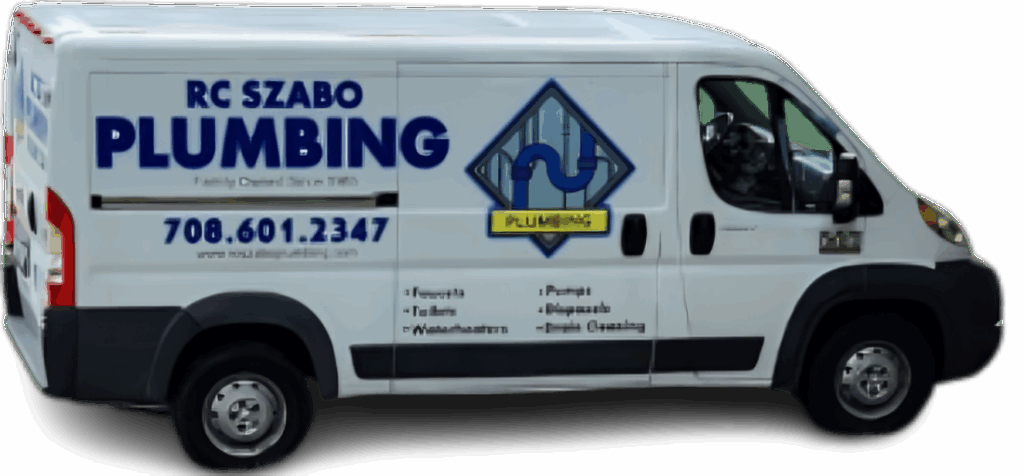Low water pressure in your home can be a frustrating issue that impacts your daily routine. From weak shower sprays to sluggish sink faucets, dealing with low water pressure can be a real inconvenience. But fear not! In this blog post, we will explore the five common causes of low water pressure in your home and provide you with valuable insights on how to address this pesky problem. So, let’s dive in and get your water pressure flowing like a pro!
### 1. Clogged Pipes
– One of the primary culprits behind low water pressure is clogged pipes.
– Over time, mineral deposits, debris, and sediment can build up inside your pipes, restricting water flow.
– To tackle this issue, consider hiring a professional plumber to conduct a thorough pipe inspection and cleaning.
### 2. Faulty Pressure Regulator
– A faulty pressure regulator can also lead to low water pressure in your home.
– This device is responsible for maintaining consistent water pressure throughout your plumbing system.
– If you suspect a malfunctioning pressure regulator, it’s crucial to have it repaired or replaced by a qualified professional.
### 3. Leaking Pipes
– Leaking pipes can significantly impact your water pressure, as the leaking water reduces the overall water flow.
– Inspect visible pipes for any signs of leaks, such as water stains or dampness.
– Promptly repair any leaks to restore your water pressure and prevent further damage to your plumbing system.
### 4. Water Valve Issues
– Malfunctioning water valves, such as the main shut-off valve or individual fixture valves, can also contribute to low water pressure.
– Make sure all water valves are fully open to allow for maximum water flow.
– If you encounter issues with your water valves, consult a professional plumber for assistance.
### 5. Water Heater Problems
– Issues with your water heater, such as sediment buildup or a faulty heating element, can impact your overall water pressure.
– Regular maintenance of your water heater can help prevent these problems and ensure optimal performance.
– If you notice a sudden drop in water pressure after using hot water, it may be a sign that your water heater requires attention.
By familiarizing yourself with these common causes of low water pressure in your home, you can take proactive steps to address the issue and restore your water pressure to its full potential. Remember, when in doubt, seeking the expertise of a professional plumber can help you diagnose and resolve any underlying plumbing issues. Don’t let low water pressure dampen your spirits – take action today to enjoy strong and consistent water flow throughout your home!



